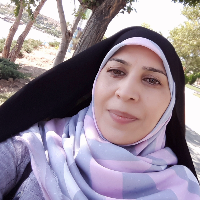Intellectual Virtues (by Focusing On Epistemic Function Of Religius Belief Acquiring Ability
Author(s):
Abstract:
Comparison of Mula Sadra’s epistemology theory and virtual epistemology theories of Zagzebski and Platinga infers that the former’s theory can be categorized as a virtual epistemology. Platinga believes in virtue of forming faculties and Zagzebski believes in function of intellectual power in forming episteme. In fact, both of them believe is some aspects of the elements effective in formation and development of belief so that none of the theories are free of objection. Mula Sadra, on the other hand, believes in virtue of belief forming faculties, effect of moral faculties function on intellectual faculties, and their interactive function in forming belief and truth conductivity process. Plantinga argues that only belief forming faculties may form beliefs, while Zagzebski and Mula Sadra argue that moral faculties prepare the ground form formation of true beliefs and that belief formation is an attribute of belief forming faculties. In addition to belief forming and ground preparing faculties, Mula Sadra proposes reliability and truth conductivity processes of revelation and inspiration as two other processes that form reliable and true beliefs.
Language:
Persian
Published:
Journal of Philosophy of Religion, Volume:12 Issue: 3, 2015
Pages:
483 to 514
https://magiran.com/p1502313
سامانه نویسندگان
مقالات دیگری از این نویسنده (گان)
-
Objections Related to the Application of Natural Human Characteristics in Cognition (Related to Zagzebski's Theory)
*, Seyed Ali Alamolhoda
Journal of New Intellectual Research, -
A virtue-based and comparative reading of Ibn Sina and Mula Sadra’s epistemological theory
*
Journal of Sadra's wisdom,



